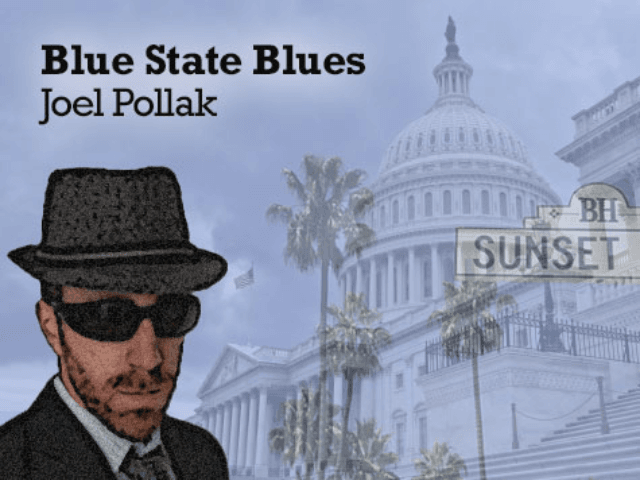For more than two decades, South Africa has symbolized the hope that the principles of liberty are universal — that the shared values of the free world can transcend divisions of race and culture, and the challenges of economic inequality.
The country’s relatively peaceful transition from apartheid to democracy inspired great expectations for its future. But now South Africa has entered a deep political and economic crisis for which it seems to have no easy answers.
Many South Africans blame the troubled administration of President Jacob Zuma. He took over the ruling party, the African National Congress (ANC), in 2007, and was elected in 2009 atop a populist wave. His supporters expected him to dislodge the country’s establishment — both the old white establishment and the new black elite — and fulfill the redistributionist promises that the party has made to voters since the first fully democratic elections in 1994.
But Zuma was dogged by allegations of corruption even then, and those concerns have deepened over the years. First, investigations revealed that the president had spent vast amounts of public money on his private homestead.
More recently, South Africans have been alarmed by the exposure of a network of influence inside Zuma’s administration controlled by the powerful Gupta family. Public support for Zuma has sunk, and the ANC is quietly fracturing.
Meanwhile, South Africa’s economy entered an official recession this week, after economic growth fell below zero for the second straight quarter, defying rosier predictions to the contrary. Unemployment is soaring: South Africa’s official unemployment rate is now 27.7%, the highest in 13 years. The country has also suffered ratings downgrades from international credit agencies, giving the government less room to maneuver in stimulating economic growth.
Conditions would seem ripe for the opposition, led by the Democratic Alliance (DA), to seize the advantage. (Full disclosure: I worked for the DA from 2002 to 2006 as a speechwriter for then-Leader of the Opposition Tony Leon.) Until recently, the DA was looking very strong, having won most of the country’s big cities in last year’s municipal elections. There were hopes that it could achieve the once-unthinkable feat of dislodging the ANC from power.
However, the DA is wracked by internal conflict. The trigger for the internal fight was the reaction to a set of tweets by prominent DA figure Helen Zille, who governs the Western Cape province, in which she admired Singapore’s model of governance, which sees some aspects of colonialism as positive. Zille was then accused of downplaying colonialism’s evils, and is currently being railroaded by party leaders through a kangaroo court disciplinary process.
That racially-tinged row reflects deeper fault lines about the ideological direction of the party. The DA needs to win black votes to compete at the national level. But it remains unclear how the party is to achieve that — whether by converting a broader electorate to its classical liberal vision of small government, or by becoming a more palatable version of the ANC, offering black voters the statist policies that they are more used to seeing, with a lighter touch.
Meanwhile, on top of “third word problems” like violent crime, inadequate public education, and an HIV epidemic, South Africa has imported the “first world problems” of identity politics to the nation’s college campuses. In 2015, students at the University of Cape Town succeeded in convincing the administration to remove a statue of Cecil John Rhodes. Last year, they set fire to paintings of white people, one of which was an anti-apartheid painting.
The country’s foreign relations have also suffered. The South African government has built closer ties with Russia, but on the basis of a nuclear power deal that is alleged to be corrupt. At the same time, relations with the U.S. under President Barack Obama deteriorated, starting with differences over the Libya War and continuing through a recent chicken-dumping dispute, which saw the Obama administration threaten to suspend South African trade benefits.
The good news is that South Africa’s current crisis could still provide an opportunity for political change. The bad news is that the country’s prevailing political culture remains statist and race-conscious, meaning that most of the proposed ideas for fixing the country’s problems will only make them worse.
The country needs new ideas and new leadership. How it resolves its present crisis will determine its future — and, perhaps, that of Africa, and the ideals of the West.
Joel B. Pollak is Senior Editor-at-Large at Breitbart News. He was named one of the “most influential” people in news media in 2016. He is the co-author of How Trump Won: The Inside Story of a Revolution, is available from Regnery. Follow him on Twitter at @joelpollak.

COMMENTS
Please let us know if you're having issues with commenting.